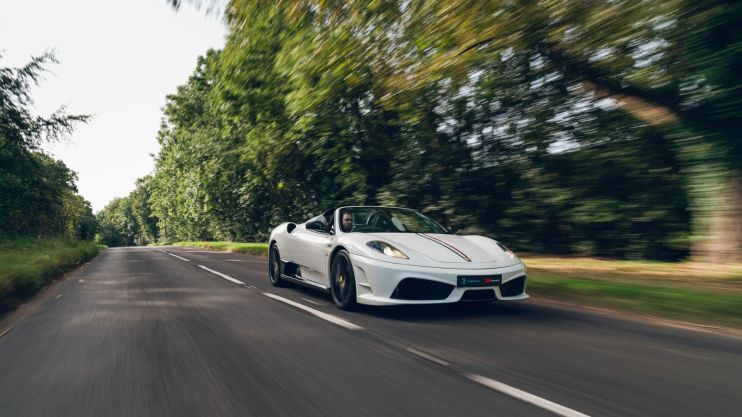Supercar demand to keep Ferrari in the fast lane despite ‘softer’ third quarter

Investors await Ferrari’s third quarter results this Thursday to see if the Italian supercar maker can continue its impressive growth amid a cost of living crisis.
Ferrari hiked its annual profit forecast from €1.51bn (£1.31bn) to €1.54bn in August and there has been little sign of a slowdown in demand following last years record performance.
And investors seem confident in the firm’s future, with shares in the Prancing Horse up nearly 40 per cent since the start of the year.
Analysts are forecasting slightly lower profits, however, amid high inflation, interest rates and depreciation; whilst Ferrari are also contending with a massive order backlog.
“The second half will be a bit softer in terms of profitability, because of the catch up and depreciation, bit of inflation and all this,” Philippe Houchois, equity analyst at Jefferies, told City A.M.
“There’s still questions around, even though Ferrari deals with a particularly high level of wealth, there is still some risk around an environment of higher interest rates,” he added.
But the dip is unlikely take the shine off the Italian group’s share price, he said.
Ferrari is making a fortune from buyers forking out large sums to personalise their new supercars, with add-ons including custom paint jobs and emblazoned crests.
Chief executive Benedetto Vigna said previously that the group’s decision to raise its guidance in August had been supported in particular by “stunning results in personalisations,” which bumped up quarterly earnings by a third. And the trend is growing throughout the industry, with rival luxury brands Aston Martin and Bentley both noting its contribution earlier in the year.
Demand for Ferrari models including the Purosangue crossover and 296 GTB also remains high and the group has hiked prices on some of its models this year.
Houchois said the strength of the Ferrari brand is evidenced by its decision to cap deliveries to China to 10 per cent of volume earlier in the year.
“No business wants to cap China today, so it tells you the strength of the business, the exclusivity that they can command to be able to, in so many words say, ‘We don’t need the Chinese customers’,” he added.